Binding & Finishing Effects
Finishing Effects
Matt Laminate
Matt lamination gives your product a smooth, satin finish. If you are trying to achieve a sophisticated look and feel, matt laminate is a great choice. Laminates are difficult to write on so if you are intending to write on your product, we suggest you leave one side unlaminated. Laminates are very strong, somewhat moisture resistant, and help to protect and extend the life of your printed piece.
Gloss Laminate
Gloss laminate intensifies colours and gives a high shine finish to your product. Gloss laminate catches the light and is particularly effective on bright graphics and photography. Consider leaving one side unlaminated if you intend to write on your product. Laminates are very strong, somewhat moisture resistant, and help to protect and extend the life of your printed piece.
Spot UV Varnish
Are you looking for a finishing effect that will make your product stand out from the masses of material in the market? Spot UV Varnish is the answer! As the name implies, a spot varnish is applied to chosen areas of your artwork to highlight and enhance those elements. Clever use of Spot UV Varnish is visually stimulating, adds texture and depth, and gives the printed piece a premium finish. To achieve the maximum effect with great contrast, use a Spot UV Varnish over a matt laminate.
Silver or Gold Ink
We are now able to print your designs with spot colour Silver or Gold Ink. Creating designs with silver or gold ink is both effective, eye catching and gives your product a deluxe look and feel.
SCODIX
When you would like to create a talking point. Scodix provides a clear high gloss
Binding Options
Saddle Stitching
Saddle stitching is where one or more printed sections are bound together using wire staples through the folded Spine. It is used for brochures, booklets, newsletters, catalogues, pricelists etc. Saddle stitching is suitable for documents from 8pp to 64pp. We recommend Perfect Binding for documents above 64pp.
Perfect Binding
Perfect Binding is a method used for large brochures, manuals and books, to give a professional finished appearance. Pages are placed between a heavier cover and glued together at the spine with strong, flexible, water resistant adhesive. The three open sides of the book are then trimmed down to give them sharp, clean edges.
Custom Stapling
Some print jobs require custom staple positioning e.g. head rather than spine, or additional staples for durability. If this is what you need, we can certainly help. Please contact us for a quote.
Die cuts/ Formes
A die cut/forme is the template used when you choose a custom finish size or shape. Common examples are uniquely shaped marketing cards, presentation folders with custom pockets or cover cut-outs, non-standard business cards etc. The options with die cuts are endless, the only limit is your imagination!
Perforation
Perforation allows documents to be separated into smaller parts or detached altogether. The tear strength of a perforation is measured by “Teeth per inch” – the fewer teeth per inch (TPI), the easier the perforation will tear away. Don’t be too concerned about the mathematics of TPI, you can safely specify Light Release, Medium Release or Stiff Release.
WIRO BINDING
A binding method that is most commonly used in the production of calendars, note books and reports. Wires are available in a range of colours.
COLLATING
Collating is done when multiple kinds are required in a specific order. We offer collation to bring the job together
SPIRAL BINDING
Coil or Spiral binding is ideal for manuals, notepads and conference notes. Customers also choose coil binding when they need each page to open fully.
PADDING
Desk pads and stationery such as delivery and memo pads. Using glue, these can be bound on any of the straight edges.
DRILLING
Drilling is required when ring binding or for products such as swing tickets and hanging boards
Contact
Request a professional print consultation today:
I want to talk about my design

